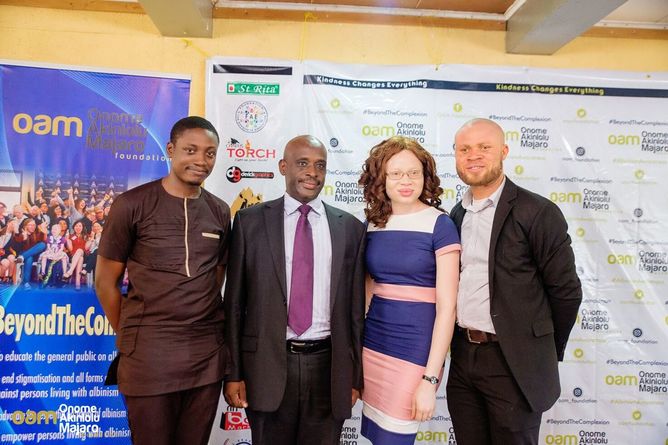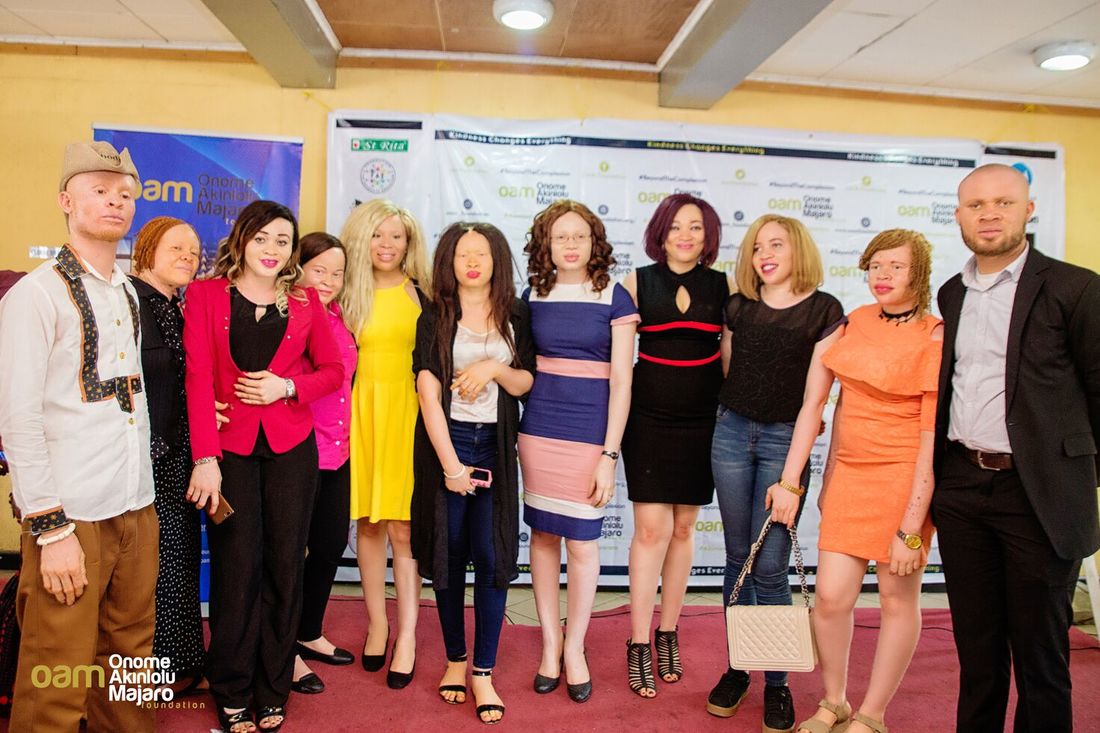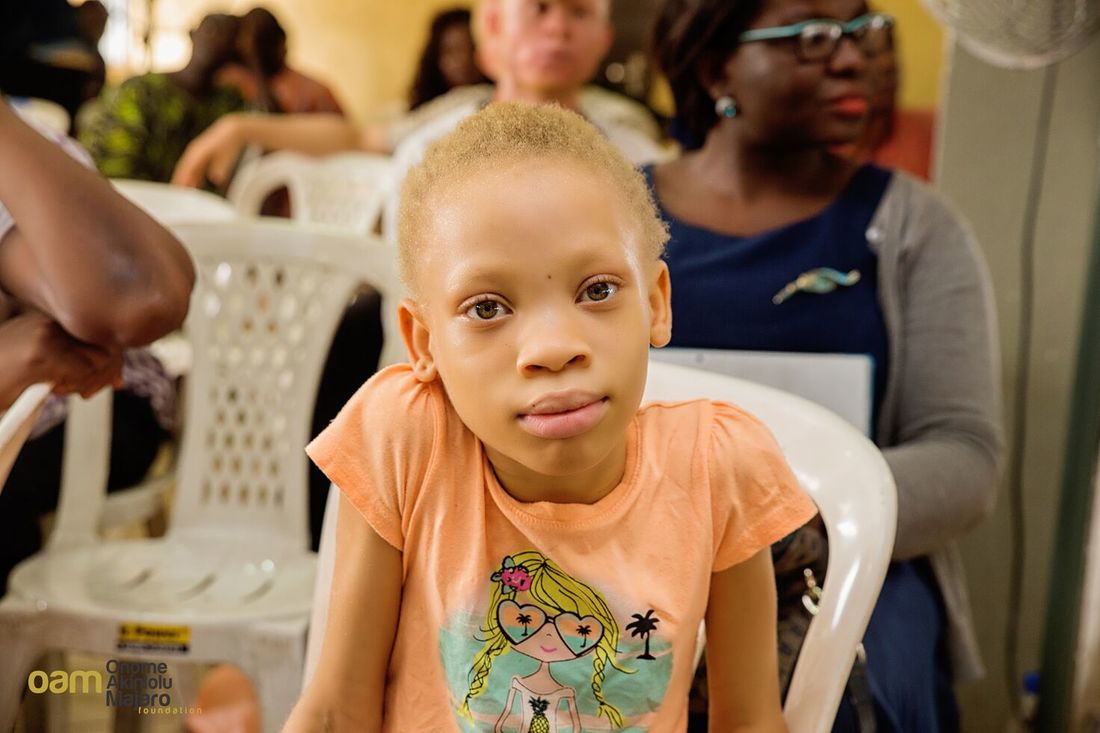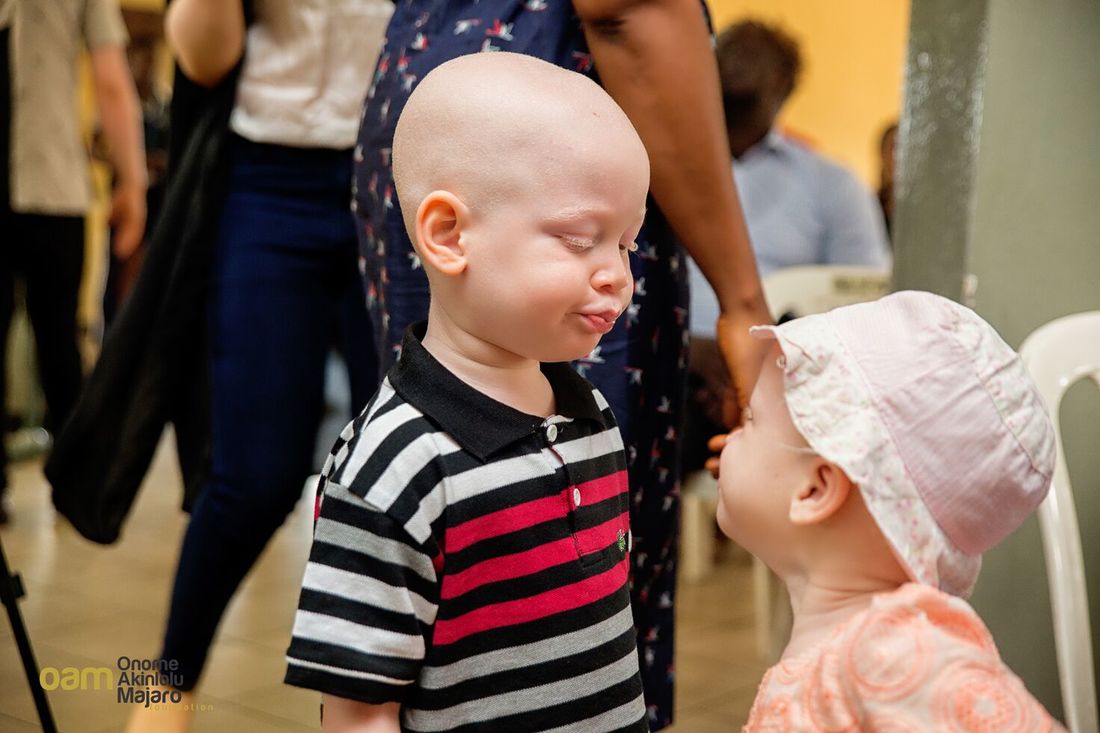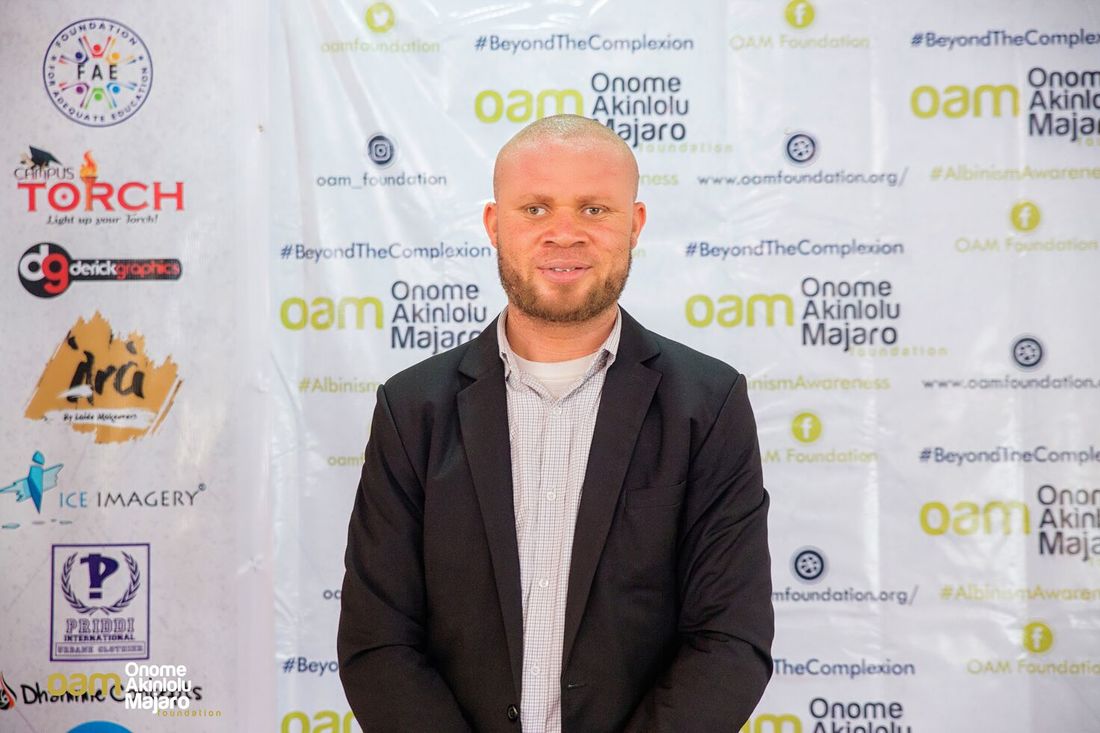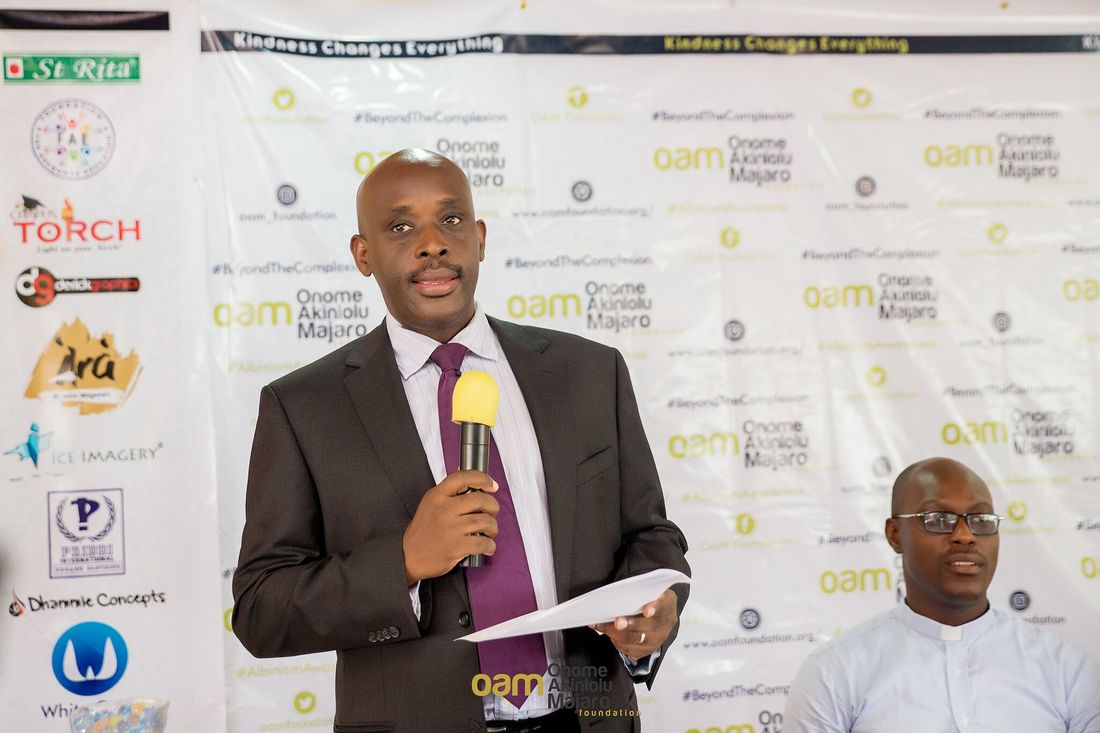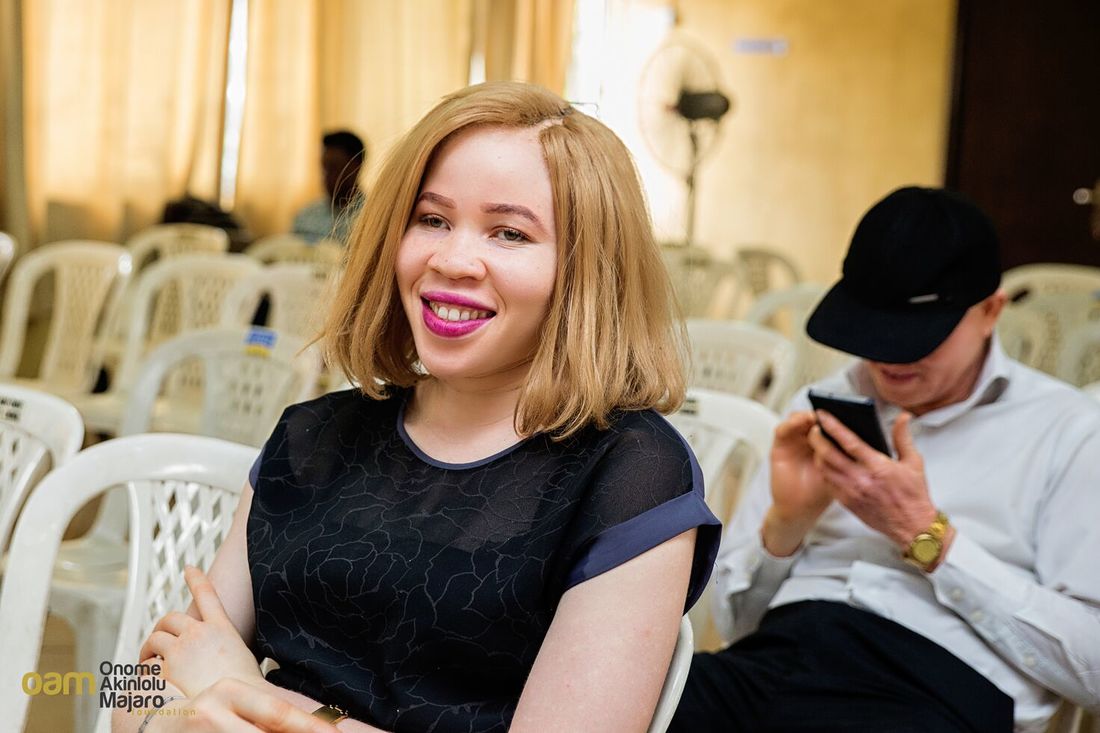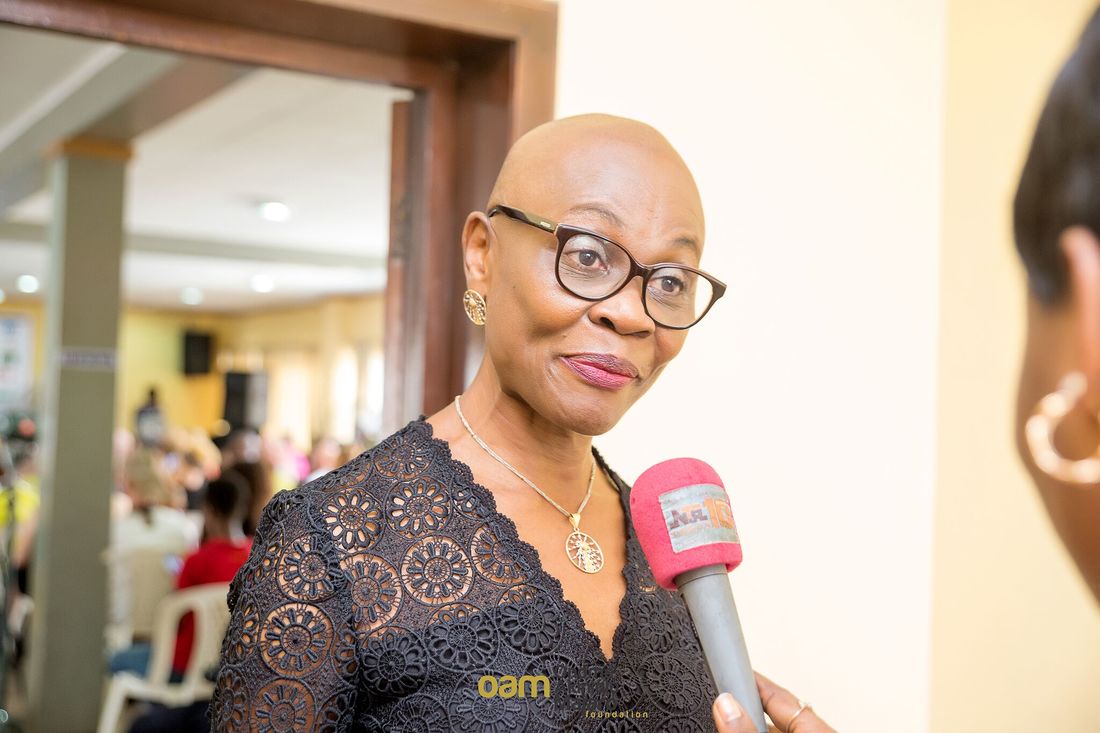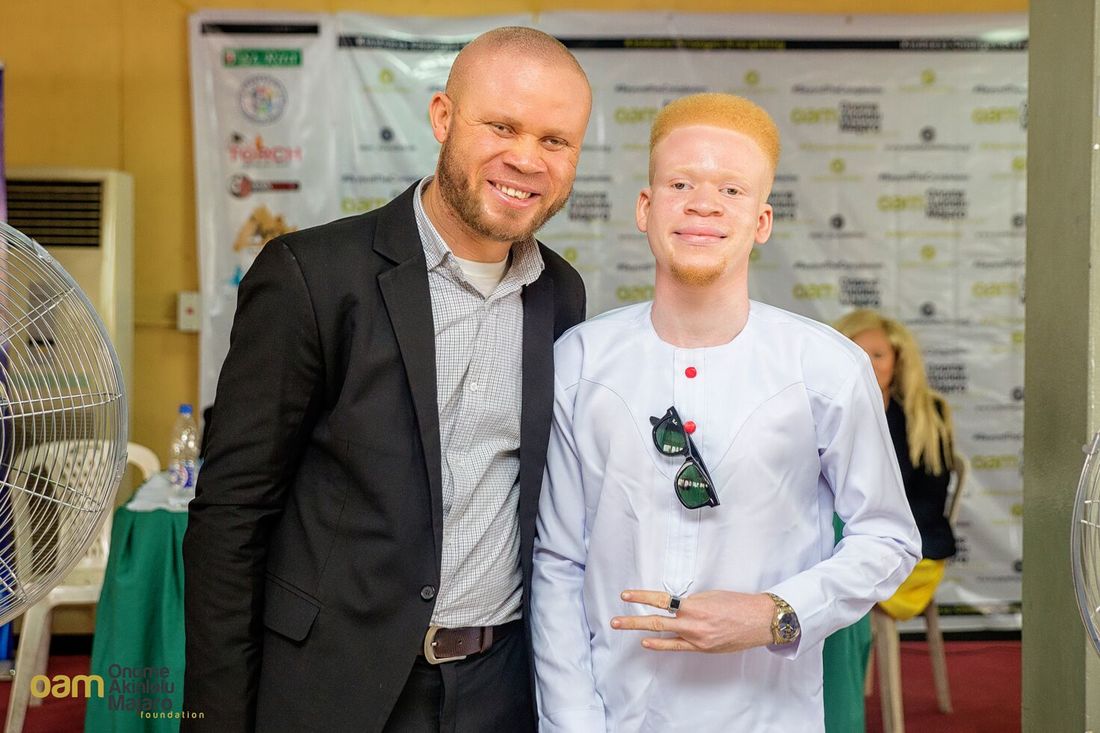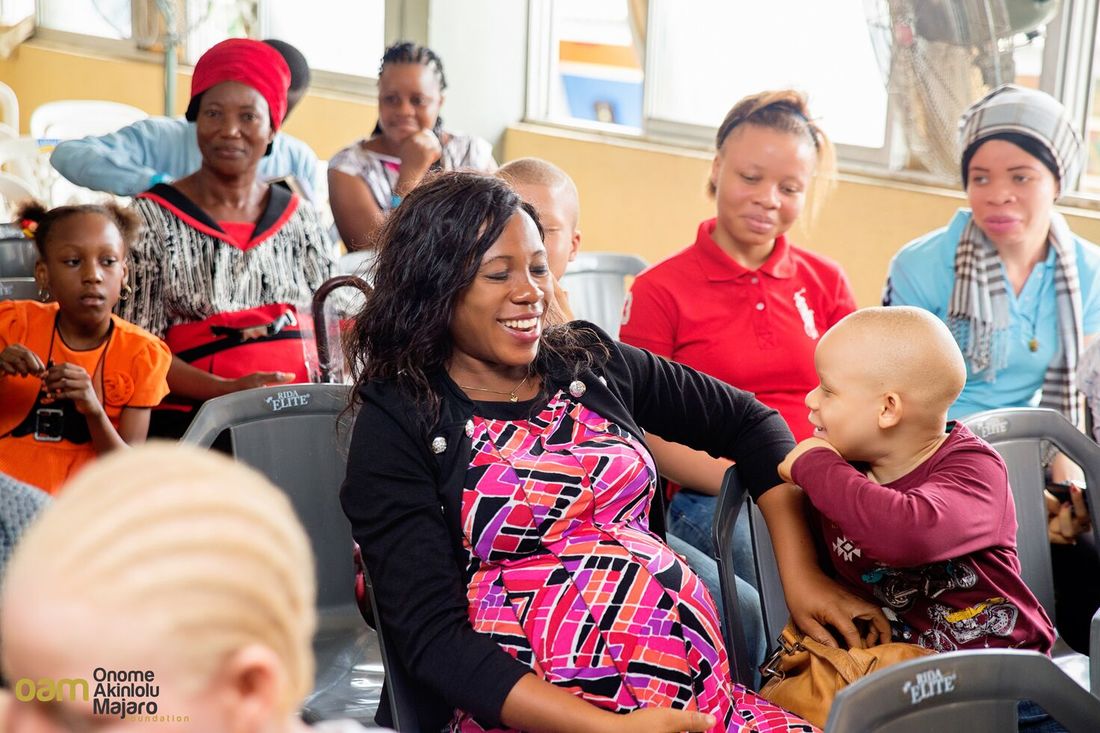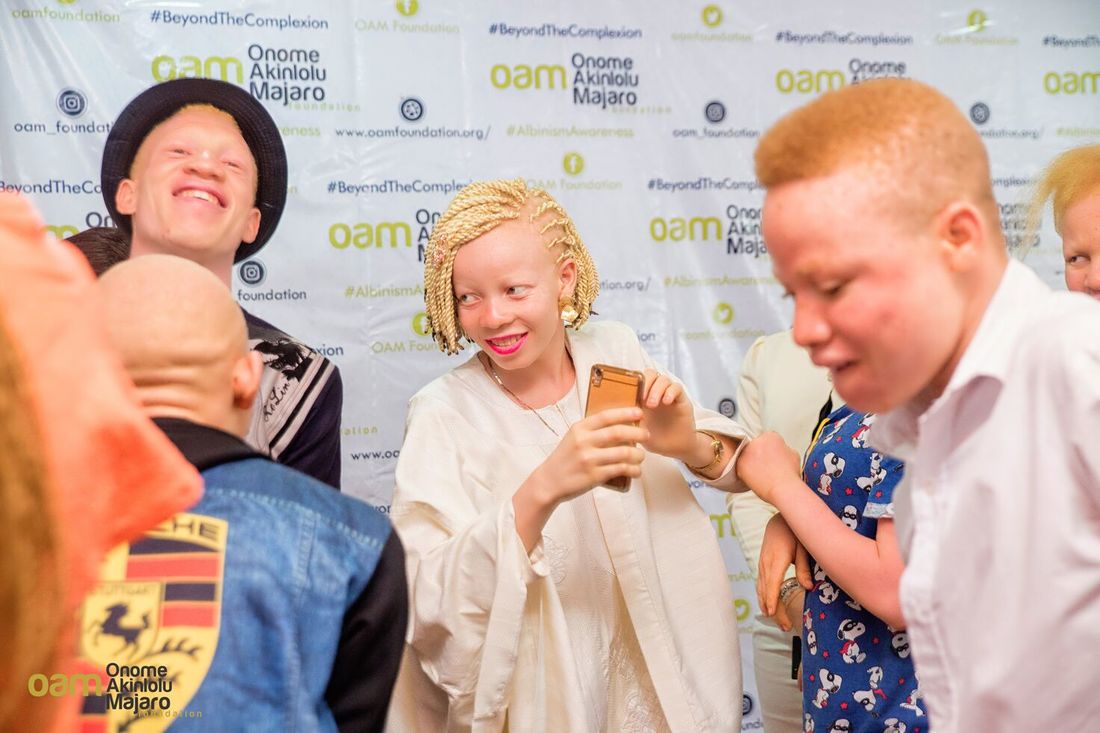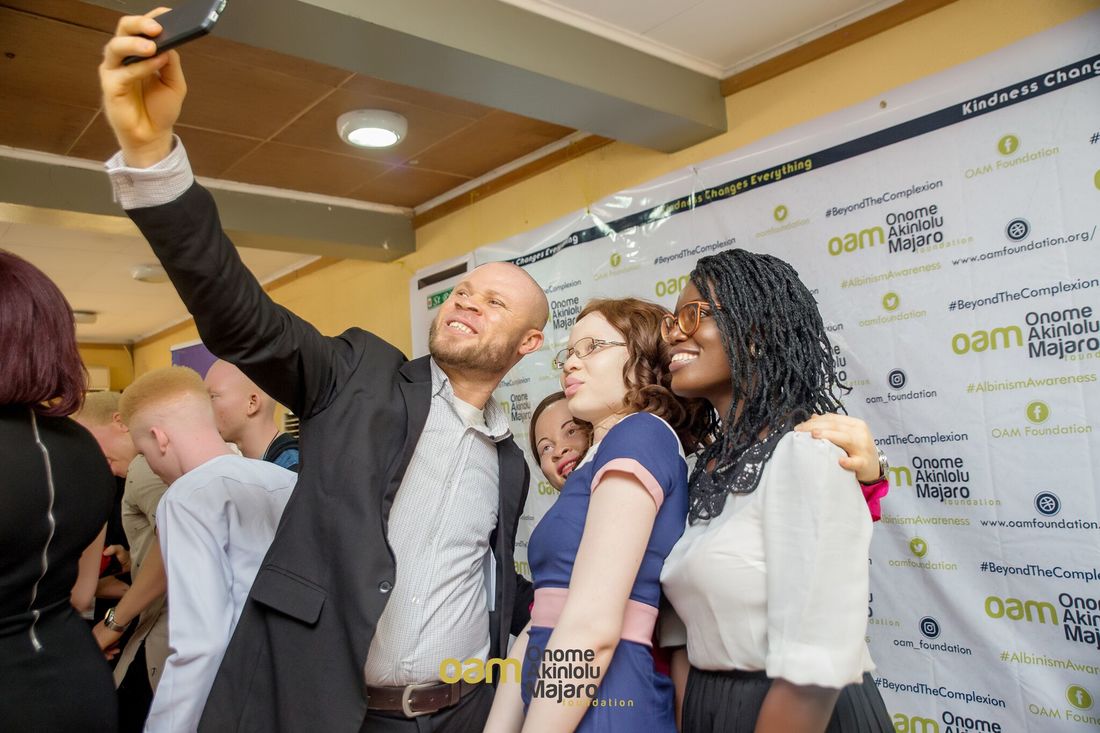|
An NGO, the Onome Akinlolu Majoro, OAM, Foundation has made a case for the vulnerable albino group in society, stating that one of the most serious health implications faced by people living with albinism according to experts is their vulnerability to skin cancer and related ailments. It has been reported that most people living with albinism died from skin cancer between the age of 30 and 40 years as skin cancer remains a life-threatening health condition for most people with albinism particularly in Africa, Nigeria inclusive. Women and children with albinism conditions are particularly vulnerable as they are exposed to all forms of discrimination and abuse. Children are particularly targeted for ritual killings and women are sometimes victims of sexual harassment. Founder, Onome Akinlolu Majaro Foundation (OAM Foundation), Ms. Onome Majaro disclosed this in Lagos recently. OAM Foundation (NGO), a non-profit organization aimed at creating awareness among people living with albinism, recently joined its counterparts worldwide to celebrate International Albinism Awareness Day, has therefore declared its determination to fight what it described as #BeyondTheComplexion campaign. The United Nations General Assembly, had in November 2014, earmarked June 13, every year to bring global attention to people living with albinism and advocates for effective protection among the vulnerable people and members of their families nationwide. Similarly the founder, OAM Foundation, called on government and the organized private sector to give greater priority to people living with albinism in the country. She said, the challenges of albinos are enormous in Africa particularly in Nigeria, stressing that albinism is essentially the inability of the skin cells to produce enough melanin in the eye, skin and the hair, thereby leaving people with albinism to be vulnerable to the harmful effect of the Ultra- Violet Ray (UVR), from the sun. She equally called also on parents and guardians to demonstrate love and care to albino children. ‘We believe that family plays a prominent role in helping the albino child to grow to become a strong member of the society,’ she said. In his remarks, the Director, United Nations Information Centre for Nigeria, Ronald Kayanja, who was present at the occasion indicated the strong support of the UN to encourage the OAM foundation and people living with albinism. He said, one of the most serious health challenges of albinism is the vulnerability to skin cancer, Skin cancer remain a life- threatening health issues among people living with albinism. Women and children with albinism are the most effected people as they are exposed to intersecting and multiple forms of discrimination. “Information and discrimination against persons with albinism has been received from around the world”, according to him, albinism is a rare, non contagious, genetically inherited condition that affects people worldwide regardless of ethnicity or gender. It results from a significant deficit in the production of melanin and is characterized by the partial or complete absence of pigment in the skin, eyes and hairs. Kayania who advocated for effective and increased education and public awareness on albinism, noted that for person to be affected by albinism, both parents must have specific gene, “there is 25 per cent chance that a child will be born with albinism at each pregnancy”. The proportion of persons affected by albinism in the world differs from region to region. In Europe and North America, it is estimated that 1 in 17000 to 20,000 people are affected by the condition, while in sub- Saharan Africa 1 in 5000 to 15,000 could be affected with specific countries having a much higher tendency, including estimated rate of 1/4000 and about 1 in 20 persons in the general population carrying the gene for albinism. Source: The Difference
Photo Credit: Onome Majaro Foundation
0 Comments
Leave a Reply. |
